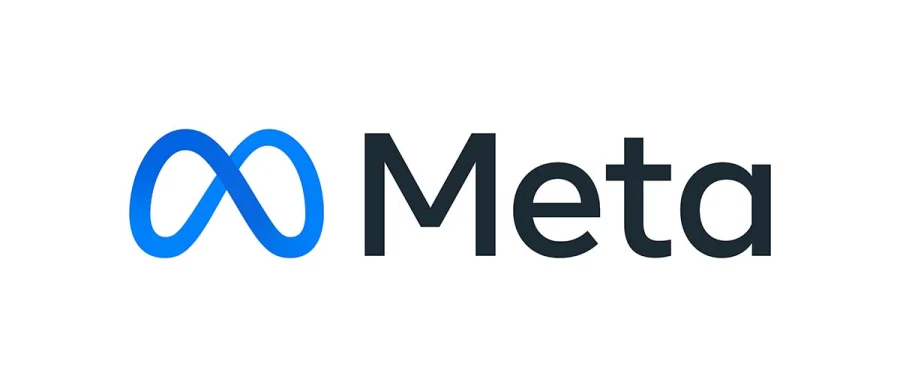Facebook announces the corporation is now called Meta
November 29, 2021
Facebook announced on Oct. 28 that the corporation will now be called “Meta” and is planning to encroach on the next digital frontier called the “metaverse,” providing users the opportunity to game, work and communicate in virtual reality. Facebook’s individual acquisitions, including Instagram, Oculus VR, WhatsApp and others, will remain independent under the parent company, Meta.
On Oct. 5, Frances Haugen, former Facebook product manager and whistleblower, testified to Congress explaining the harmful effects Instagram propagates on young people, specifically teenage girls. Before leaving the corporation, Ms. Haugen scanned internal documents which exposed the tech giant’s apparent knowledge of the app, negatively affecting consumers’ mental health and circulating misinformation and inflammatory content.
Since then, enormous criticism from lawmakers and the public fell into the lap of CEO Mark Zuckerberg, all of whom are eager to see tangible changes made to make Facebook and its sister apps more habitable. As a result, the corporation is undergoing a fundamental shift in an effort to distance the company brand from this aura and meet the needs of its users.
Mr. Zuckerberg has expressed the surfaced revelations poorly capture the company’s vision and hopes by adopting “a new company brand to encompass everything that we do,” will appropriately “reflect who we are and what we hope to build.”
“Right now, our brand is so tightly linked to one product that it can’t possibly represent everything that we’re doing today, let alone in the future. Over time, I hope that we are seen as a metaverse company. And I want to anchor our work in our identity on what we are building towards,” Mr. Zuckerberg said at the company’s annual Connect event on Oct. 28.
University junior Logan Jonathan shared his optimism for the future of Meta and hopes the company lives up to its advertised promises.
“I believe Meta is the change that Facebook needs. Facebook has grown stale over the years, especially in comparison to other popular social media apps. Rebranding the platform has been a long time coming and can help Facebook in the long run. This change also might create more opportunities for students to connect with others and share their ideas,” he said.
The term “metaverse” was first coined in the 1992 novel “Snow Crash,” written by Neal Stephenson. In this fictional utopian metaverse, societal norms are freed from cultural and economic chauvinism, posing as a virtual refugee for those who seek a novel world.
Mr. Zuckerberg has found his foothold in this newly disparate digital era. He wants to utilize the metaverse to create a virtual experience of information, communication, gaming, and e-commerce, on an even larger unprecedented scale than Facebook.
View this post on Instagram
The goal is that the metaverse will be the next substantive social platform that tech companies can build upon over the next decade and so forth. However, the metaverse concept is still a theoretical framework and may take years to streamline accessibility.
Elizabeth Dwoskin of The Washington Post noted the eruption that took place on social media after Facebook’s announcement. Users compared the company’s name change to “the crisis strategy employed by tobacco company Phillip Morris when it became clear that the company had long known that cigarettes damage human health.”
University junior Nicole Leonard expressed skepticism regarding the timing of Facebook’s announcement and expressed concerns about the future of Meta.
“It kind of feels like they are trying to make changing the name from ‘Facebook’ to ‘Meta’ bigger news than their whistleblower scandal. I find the name off-putting since Facebook on numerous accounts profited off of their user’s data and information. The prefix ‘Meta’ is related to the term ‘Metaverse’ which is a little scary. I feel like they are blatantly going to increase their data-stealing and selling in future plans, and people should be more aware of the information they put out there,” Leonard said.
Although the metaverse announcement seems to come at a convenient time, given the fire burning in the company’s back-end, Facebook has been discreetly building up to this moment for months.
On Oct 13., the company unveiled its newest virtual reality headset, Oculus Quest 2. In August, the company released the Horizon Workrooms, a virtual meeting room allowing anyone with a virtual reality headset to gather and attend work meetings as if they were in person. The latest release was in September, collaborative eyewear with Ray-Ban that can record videos and take phone calls. All of these products culminate in the future of Meta.
In addition, the company announced it would be shifting away from the original name Oculus and rebranding some of the virtual-reality products as Meta, as well as joining the stock market under the ticker MVRS on Dec. 1.
But many critics argue the “name change is largely cosmetic,” says Mike Isaac of The New York Times. Mr. Isaac interviewed Jennifer Grygiel, an associate professor and social media researcher at Syracuse University, who said that “no matter what Mark Zuckerberg calls it, it will remain Zuckerberg Inc. until he relinquishes some power and yields to functional corporate governance.”
Ironically, “Metta” is a form of practice in Buddhism, defined as loving-kindness and expressing benevolent affection. Cultivated and maintained through practice, Metta encourages positivity for one’s mental state or attitude and is an essential part of Buddhism.
Given the distasteful reputation the company is enduring, the public can only hope that Meta transposes their network into a “metta” verse that provides a loving, kind, and safe digital environment for communication to bring the world closer together.












